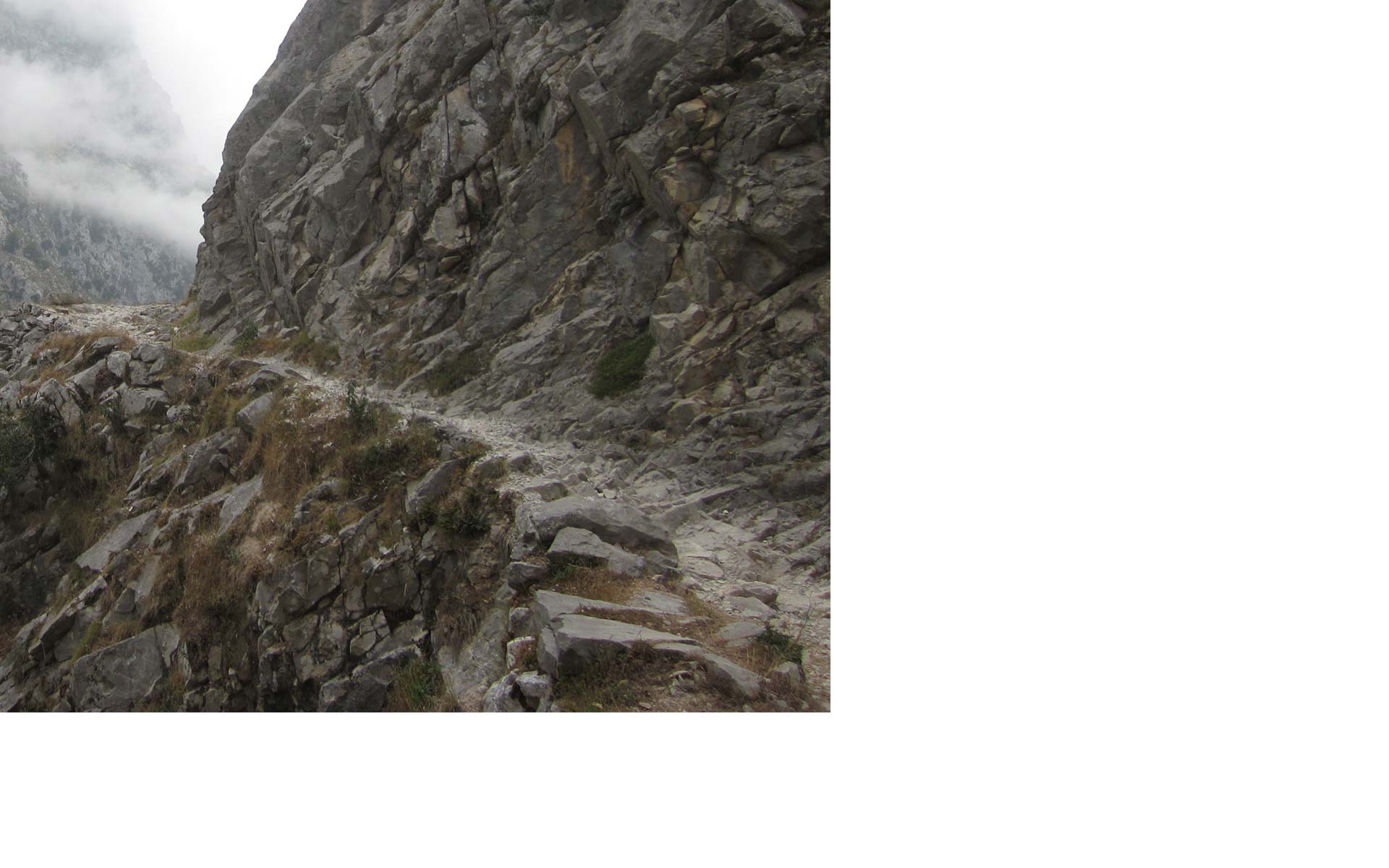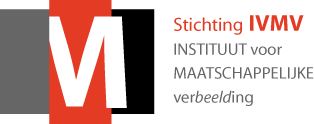
Remembering Willem Witteveen (Ukraine, 17 July 2014)
Our imaginations fall short when we see the war that has been going on in the Ukraine for a week now. Our thoughts are with all who are affected by this.
But this aggression also reminds us of the loss of our former Chairman of the Board of Supervisors, Willem Witteveen who died with his wife and daughter, and many others, in the MH17 disaster when the airplane was shot down over Ukraine on July 17, 2014.
On August 18, 2014, we wrote an In Memoriam, now translated in English, to continue to remember him and all others who are victims of aggression in Ukraine.
IN MEMORIAM WILLEM WITTEVEEN († Ukraine, 17 July 2014)
‘Wie zonder verwijzing naar een samenhangend en totaalconcept van algemeen belang, waarin alle waarden hun plek hebben, toch politiek wil bedrijven die meerderheden en minderheden recht doet, zal een fictief algemeen belang moeten hanteren. Als het (fictieve) belang niet bestond, zou het moeten worden uitgevonden’, Willem Witteveen, De nuttige fictie van het algemeen belang’, 1997: 34.
‘Those who, without reference to a coherent and overall concept of common interest, in which all values have their place, still want to do politics that does justice to majorities and minorities, will have to use a fictitious common interest. If the (fictitious) interest did not exist, it would have to be invented’ (‘On the useful fiction of the common interest’, 1997: 34).
On a faraway summer holiday, walking on the slope of a volcanic crater under a brilliant blue sky, the terrible news reached us that Willem Witteveen, along with his wife and daughter, was on board when their plane was shot down in Ukraine. On their way to their vacation destination, they and many others became victims of war violence on July 17, 2014. In the days that followed, we tried to follow the MH17 disaster, depending on the wifi-options our hotels provided. We experienced the Dutch National Day of Mourning on July 23 in a small bar in a remote village, watching for hours on an iPhone. Only then did the immensity of the disaster dawn on us, the extent of all the personal suffering that had been inflicted, and we became silent at the impressive ritual with which the Netherlands brought home the first coffins.
Willem Witteveen was Professor of Encyclopedia of Jurisprudence at Tilburg University and among the many other positions he held, he was involved in the Stichting IVMV, Dutch Foundation on Public Imagination, from 2007 on, and which was formally established in 2009. Until his departure for the Senate, early 2013, he acted within our foundation as Chairman of the Supervisory Board.
His legal knowledge was very helpful in formulating the goals that the IVMV-Foundation pursued. Goals that resonated substantively with his own interest in the power of the imagination, the role of rhetoric, fiction, metaphor, and myth in law and in the political enterprise conceived as theater. His own preference was particularly for the linguistic, literary imagination and its importance for a sound legal Bildung, as evidenced by his recurring plea for a standard course in Law and Literature within the legal academic curriculum. Literary narratives constitute a cultural asset that provides not only insight into what is meant by law, but also into what representations circulate about jurists, about the relationship between law and reality, and what expectations exist about justice. It also contains the cultural-historical views on human values and human motives. In addition, literature has the capacity to question and undermine everything that the law stands for as a matter of course and thus to stimulate reflection. In doing so, literature offers a mental space to identify with other people, a not unimportant aspect in the exercise of law. The literary imagination thus conceived was, in Willem’s view, a great asset from which the jurist should draw for life.
In recent years we have worked together several times in a concrete way. For example, in the Liberal Arts & Science program he designed at Tilburg University, of which he was Dean, and which attracted many foreign students. Twice we both have contributed to this program in the form of an interdisciplinary module with the theme ‘Leadership – Power & Imagination’. In the years that followed, we regularly exchanged views on modern ideals in the Netherlands in an interdisciplinary Tilburg working group and discussed the surprising results of the empirical research. A collective research that finally resulted in 2012 in the publication De Lage Landen en het hogere. De betekenis van geestelijke beginselen in het moderne bestaan.
His outstanding knowledge of law and rhetoric provided an excellent entry point for serious reflection on precarious issues that arose in our society. In doing so, he did not hide his dissatisfaction with the laziness of postmodern ideas in politics. He took concepts and their history seriously, always pointing out ambiguities in the meaning of those concepts. He realized that the momentary (positive or negative) meaning of a concept always depended on the context in which and the purpose with which it was employed. In this way, in his doctoral dissertation, he distinguished between ‘hollow and empty rhetoric’ and ‘classical, fruitful rhetoric,’ between ‘fiction’ and ‘myth’ as falsehood on the one hand, and ‘fiction’ and ‘myth’ as productive imagination to which faith is attached on the other. Willem pleaded for a careful handling of words and language, which is not (anymore) self-evident in politics today, nor in science.
For example, he was very interested in the politically sensitive issue of unanesthetized ritual slaughter, where in the Netherlands in 2012 the cards had suddenly been shuffled in a different way than usual. He thought it would be a good plan to make it a test case within the ‘Strijdgenootschap’ (fellowship of researchers and journalists reflecting on the impact of images in politics) of the IVMV-Foundation. This case contained the kind of dilemmas that made the debate so intense. He understood the debate as a higher-order symbolic politics in which the following underlying question arose: ‘What kind of society do we think we are?’ He had already used this case study in the concluding legislative debate of his own ‘liberal arts’-course on rhetoric, culture, and democracy and had assembled a substantial dossier. The imagination in this case was strongly linguistic in nature (for it concerned the clash between principles of the rule of law) and not primarily visual. To the extent that images were important in his eyes, they were not only images of suffering animals, but also those of Jewish clergymen giving a press conference at Schiphol Airport or the facial expression of Members of Parliament during the heated debates in The Hague. However, his interim appointment as a senator in early 2013, a practice close to his heart in addition to his academic work, prevented him from working out the case within the IVMV-Foundation.
And so, because of the brutal violence that took his life, there are other issues that we will never discuss with him: on our list was still the precarious debate about the whole high/low issue in the arts that has dominated the humanities for years now, with Literature traditionally counted as high culture, just like Museum Art. That debate was important because the ‘Kijkgenootschap’ (fellowship of researchers and journalists with visual expertise) within the IVMV-Foundation wishes to reflect precisely on the high, audiovisual qualities that characterize much ‘popular culture’. A visual rhetoric that can be seen in visual material ranging from fiction film and television drama to comic strips and games. This would no doubt involve reflecting on the classical concept of art that he himself used in his treatment of rhetoric as the ‘art’ (ars) of eloquence, so important in law and politics. But we would also examine together an ambivalent term like ‘representation,’ a concept that plays a role in both politics and art. We will now have to make do with the work he left us. We sincerely hope that in time we will be able to continue shaping the ‘Strijdgenootschap’ in his spirit and that there will be jurists who have taken his ideal of Bildung to heart and want to contribute to it.
For the short term, there is little option but to try to bring order to the chaos that this disaster has brought to many in the Netherlands. During the months of September and October 2014, the Tilburg School of Politcs and Public Administration at Tilburg University is organizing a lecture series in which colleagues and experts will address the various dimensions of this disaster. Video recordings of the public lectures will be made for viewing via the Internet. A collection of these will be published by Boom Publishers in February 2015. A form of mourning in which we hope to do justice to the academic habitus that was so characteristic of Willem Witteveen.
Amiable in his manner, meticulous in his analysis and clear in his criticism, we will greatly miss his great erudition and perspicacity in thinking through the role of the public imagination – in language, in images, in law, in politics.
Heidi de Mare, Director Stichting IVMV, Dutch Foundation on Public Imagination.
Gabriël van den Brink, Professor of Social Administration at Tilburg University and board member of Stichting IVMV, Dutch Foundation on Public Imagination.
Some publications by Willem Witteveen
- De retoriek in het recht. Over retorica en interpretatie, staatsrecht en democratie, cum laude Dissertation, Leiden University (1988).
- Evenwicht der machten (Inaugural lecture, Tilburg University), Zwolle 1991.
- ‘De nuttige fictie van het algemene belang’, in: Feit & Fictie: 15-34.
- Met S. Taekema, ‘Verbeeldingsmacht’, in: Witteveen & Taekema (red.), Verbeeldingsmacht. Wat juristen moeten lezen. Uitgeverij Boom 2000: 1-7.
- With H.S. Taekema, 'Verbeeldingsmacht en leesgedrag', in: J.W.L. Broeksteeg and E.F. Stamhuis (red.), Rechtswetenschappelijk onderzoek. Over object en methode, Boom 2003: 35-41.
- ‘Het hogere in de cultuur’, in: G. van den Brink (red.), De Lage Landen en het hogere. De betekenis van geestelijke beginselen in het moderne bestaan (2012): 265-267.
- With E. Borgman, P. Dekker and G. van den Brink, ‘Naar een heruitvinding van de civil society’, in: De Lage Landen en het hogere (2012): 519-538. Published posthumously as Chapter 12, ‘Reinventing Civil Society’, ed. by Erik Borgman, Gabriël van den Brink and Paul Dekker, in: Gabriel van den Brink (ed.), Moral Sentiments in Modern Society. A New Answer to Classical Questions. Amsterdam: Amsterdam University Press 2016, pp. 393-409.
Posthumously published
- Willem Witteveen, De Wet als Kunstwerk. Een andere filosofie van het recht. Amsterdam: Uitgeverij Boom, 2014.
Published on July 13 (2015), mostly based on the lecture series September and October 2014
- Gabriël van den Brink (red.), Een ramp die Nederland veranderde? Nadenken over vlucht MH17. Amsterdam: Uitgeverij Boom, 2015.


